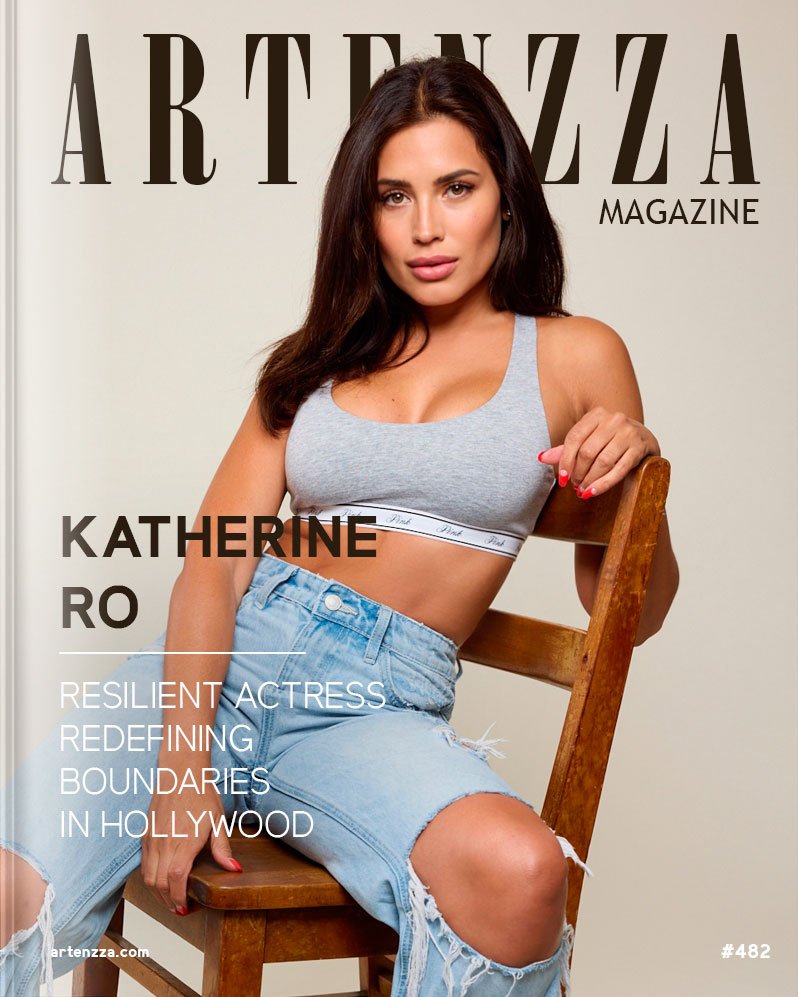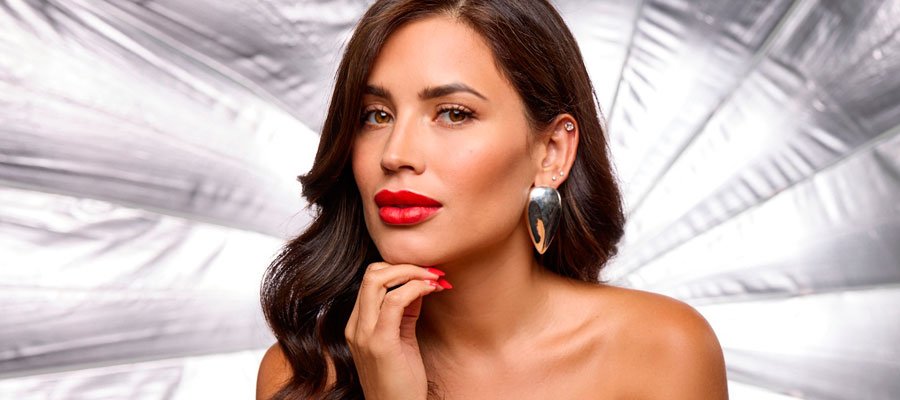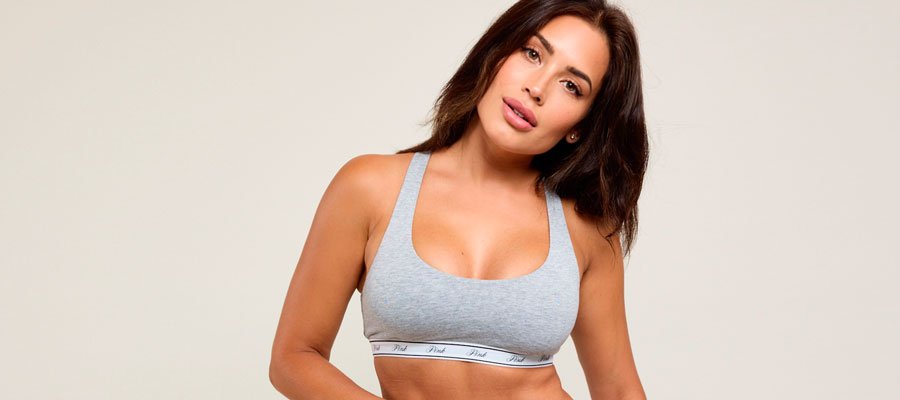Your career has included roles in major shows like The Terminal List and First Wives Club. How do you approach choosing different types of roles, and how do they challenge you creatively?
I’ve always been open to exploring different types of roles, but I’ve become more selective about the projects I take on. On-screen roles are the ones I find challenge me creatively! I get to dive into characters that allow me to grow and really push my boundaries as an actress. Opportunities like The Terminal List just feel right and provide the kind of creative challenge I’m looking for.
You’ve had to overcome several setbacks in the entertainment industry, including the sudden end of a teen soap-opera project. What helped you stay motivated during those challenging moments, and how did those experiences shape your approach to acting?
That was one of my biggest heartbreaks early on. At the time, I didn’t fully understand the business side of things, so even though the decision wasn’t personal, it felt like a rejection. To cope, I shifted my focus back to modeling and even competed in the Miss Teen Latina International Pageant—though I didn’t place very high, haha! More recently, I faced a similar disappointment after training diligently for a major role for a year, only to find out I wasn’t the right fit. I grieved a bit but then threw myself into learning new skills, like a foreign accent, arms training, and Muay Thai. Developing new skills not only boosts my confidence but also helps me stay focused on what I can control.
As a Venezuelan-born actress navigating Hollywood, how do your roots and heritage influence your work and the roles you choose?
Being raised between Venezuelan and American cultures, I try to stay true to my personal experience, which is a blend of both. While I love telling stories that highlight Latino culture, I steer clear of stereotypical roles. Misrepresentation hurts the authenticity of our heritage and perpetuates misunderstandings. I believe in representing our culture in a way that honors its depth and complexity.
In today’s Hollywood, there is a significant push for greater inclusivity and representation of women and people of color. How do you see your work contributing to this movement, and what changes do you still hope to see in the industry?
Growing up in the diverse city of Miami, I related to most of the women I saw on screen because I wasn’t focused on nationality. It wasn’t until I lived in Utah that I realized how different I looked and sounded from those around me—not just because it was constantly pointed out, but also due to the lack of interest in representing diversity accurately. That’s when I truly understood the need for better representation of women and people of color, particularly those from diverse backgrounds. While there has been progress outside of Utah, there is still a lot more work to be done.
You’ve expanded your skill set to include stunts, much like actors such as Anya Taylor-Joy who explore a wide variety of roles. What inspired you to dive into stunt work, and how has that expanded your range as an actress?
As someone with many strong, talented stuntwomen in my circle, I can’t claim to perform stunts at their level—they are the unspoken superheroes of action movies. My own stunt training consists of basic skills that naturally I’ve picked up from being married to a professional stuntman, who has built an incredible career through years of hard work and mastering a wide range of skills. As an actress focusing on drama and action, developing stunt skills is something I’m committed to, and I continue learning from those in the stunt community who do the real heavy lifting. These skills have helped me move more confidently in roles that require a strong female presence.
Many actors face pressure to conform to certain expectations within the industry. How have you been able to redefine your career on your own terms, and what advice would you give to other actors who are navigating similar challenges?
I’ve often felt pressured to play into a stereotypical Latina role or emphasize my sex appeal. As I’ve progressed in this industry, I’ve learned to handle these situations one at a time. If the character is based on a true story, I want to honor its cultural roots. If not, I focus on staying true to myself and my mission to represent genuine diversity. I always ask myself: Is what’s being asked of me or my body comfortable in that moment? Does it serve the storyline or the character? Standing firm in your beliefs and boundaries is essential because it removes the fear of speaking up or losing out on a job. There are always more great opportunities, and letting one pass is just a small part of the bigger picture.
As a mother, wife, and mentor, how do you balance your personal life with the demanding schedule of acting, and how has this balance influenced the kind of projects you take on?
My balance as a mom starts with my partner. Over the years, as two professionals in the same industry, we’ve had to learn to be clear about our goals, expectations, and needs, and communicate them openly. I’m fortunate to have a partner who not only shares the responsibilities of parenting equally but is just as invested in my career as I am in his. Our family unit has always been our top priority, and making sure our family’s needs are met is what allows us to thrive in our work. Being open to lifestyle changes has also been crucial. I once said we’d never homeschool, yet here we are entering our second year, and we’re thriving. It’s given us the flexibility to travel and continue our careers while keeping our boys as the priority. If homeschooling stops being the right fit, we’ll pivot again. We also couldn’t do this without our amazing team of nannies. Our main nanny has been with us for seven years, and she’s been a game changer since day one. As moms, we can do it all, but we shouldn’t have to.
You’ve worked alongside major actors like Chris Pratt in The Terminal List. What have you learned from working with such established actors, and how has that influenced your approach to your own performances?
First off, Pratt is one of my favorite humans. Besides being incredibly talented, he’s such a kind and down-to-earth guy who genuinely takes care of the people around him. He’s a natural-born leader and sets a positive tone on every set he’s part of. He’s a great example, and you can’t help but want to model that same behavior—to show up for the job and your castmates the way he does.
Much like Hailee Steinfeld and Anne Hathaway, you’ve demonstrated resilience in the face of industry challenges. What would you say is the biggest lesson you’ve learned from your experiences in Hollywood?
So far, I’ve learned the importance of staying in “learning mode,” because growth only happens when you’re open to it. I’m still learning to take things one scenario at a time, how to navigate professional relationships, set boundaries both personally and professionally, and how to show up better for my work, my communities, and my home.
Looking to the future, are there any specific types of roles or projects that you’re particularly passionate about exploring next?
I’m genuinely open to all types of roles and plan to explore various genres. In the near future, though, my heart is set on action and drama. I’ve been enjoying my Muay Thai and arms training and plan to keep building those skills. I also have a lifelong love and fascination with the James Bond universe—I’ve been manifesting that something comes of it! My goal is to help break the mold for women in action. One of my favorite actresses is already paving the way. Hey, Zoe Saldana!


